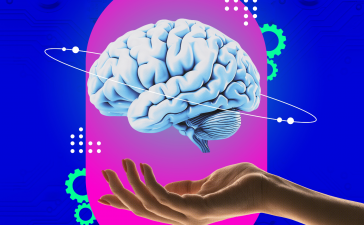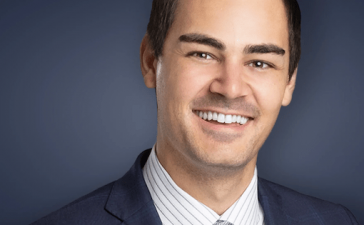Advertising agencies will be urged to sign up for an initiative to disclose when artificial intelligence is used in social media campaigns in response to concerns about the use of virtual but lifelike characters online.
WPP-backed advertising agency Ogilvy — one of the largest agencies for social media influencers — has set out plans for an AI accountability code for advertisers and social media platforms to clearly disclose and publicly declare AI-generated influencer campaigns. The agency has also committed to using a new AI “watermark” on its advertising.
The campaign has the backing of leading industry bodies and follows efforts to encourage influencers to disclose when they are using technology to alter their appearance.
Rob Newman, director of public affairs at the Incorporated Society of British Advertisers, said: “The public deserves transparency — from it being clear when you’re being advertised to, to being sure that the voice doing the advertising is that of a real person.”
While still a new concept, there are a growing number of AI influencers that have amassed significant social media followings, in some cases in the millions. Thanks to rapid advances in AI, some are increasingly lifelike in their looks and how they interact with their followers. AI influencers can be designed by individuals who later pick up brand deals, or created and managed by brands and agencies as part of a marketing strategy.
The Ogilvy campaign is one of a number of initiatives on AI that will be launched in Cannes next week, when tens of thousands of advertising and marketing executives will meet for an annual global conference.
The use of AI will be a central theme, on the various stages and in the parties and bars, given the threat to many jobs in the sector from the use of AI to automate the buying of advertising space and carry out creative work.
The conference will also host a number of companies developing AI services, including Google and OpenAI.
Rahul Titus, global head of influence at Ogilvy, said three-quarters of social media content are made by individual “creators”, but a rising proportion of these are AI-generated characters that can be presented as real.
Titus said the AI watermark would also benefit real-life social media influencers who he said rely on authenticity. Increasingly, “people buy people, not brands”, he said.
Ogilvy said it did not work with influencers who changed their images using body-distorting filters.
The agency was behind Lu, one of the most popular virtual influencers and the face of Magalu, Brazil’s biggest retailer. Lu has appeared on live TV shows and in music videos.
Ultimately, Ogilvy wants marketers to disclose all AI-generated content, similar to the “paid partnership” tag used across the industry today to show where influencers have been paid to promote a brand.
Titus said: “The AI market is projected to grow by 26 per cent by 2025, in large part because of the increase in using AI in influence.”
Last year, the Advertising Standards Council of India became the first national watchdog to set out clear disclosure rules for AI-generated influencer content.
Scott Guthrie, director-general of the Influencer Marketing Trade Body, said: “Creators are already beginning to reproduce themselves online as AI clones. These self-animating GPT-enabled synthetic creators can communicate in real time and at scale. This is tremendously exciting with near-limitless positive applications. It does, however, open the door to bad actors.”












